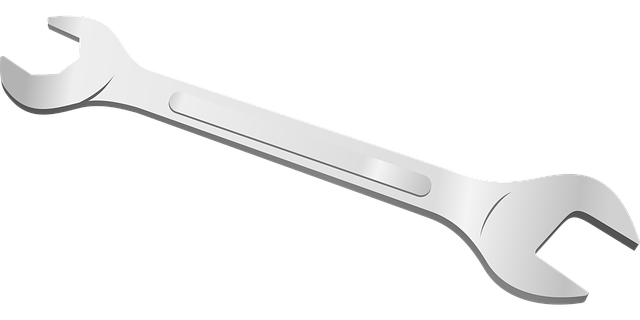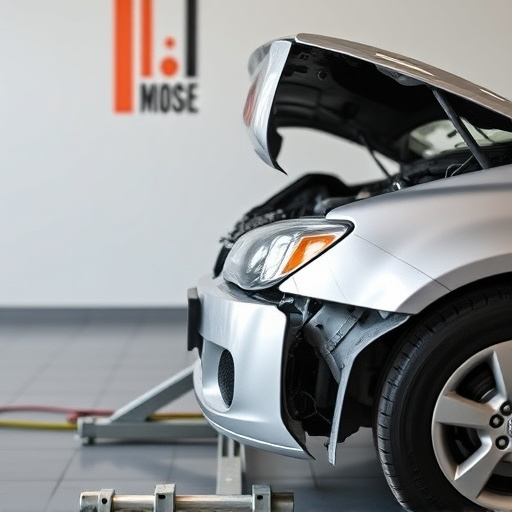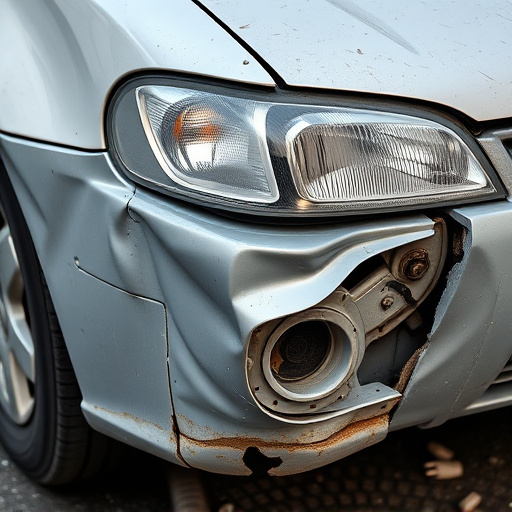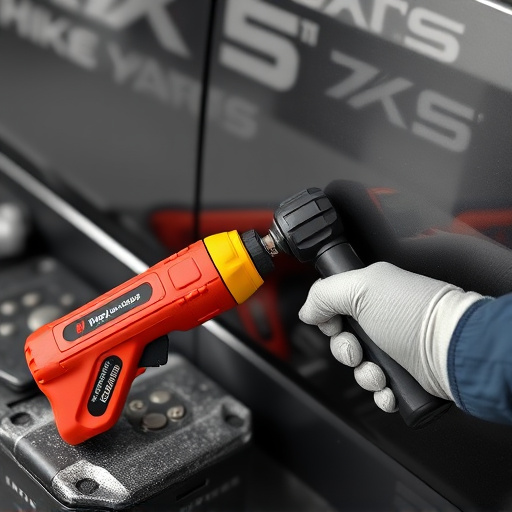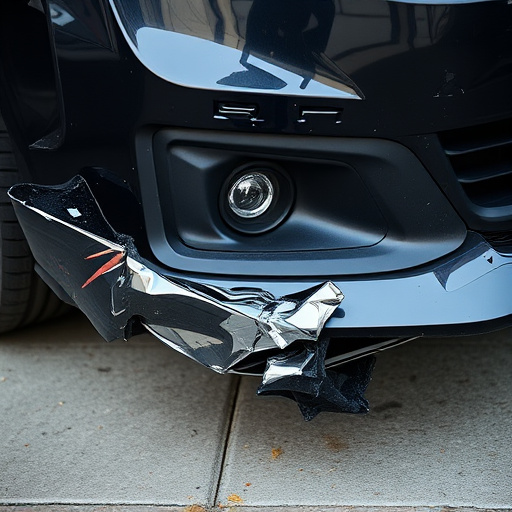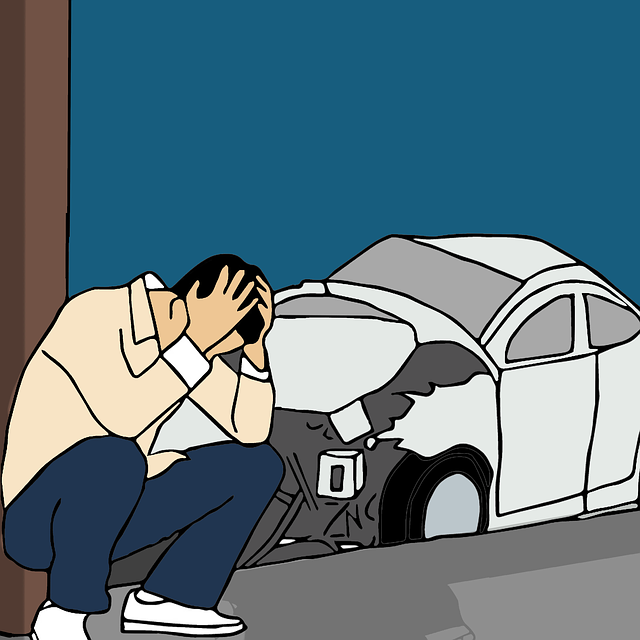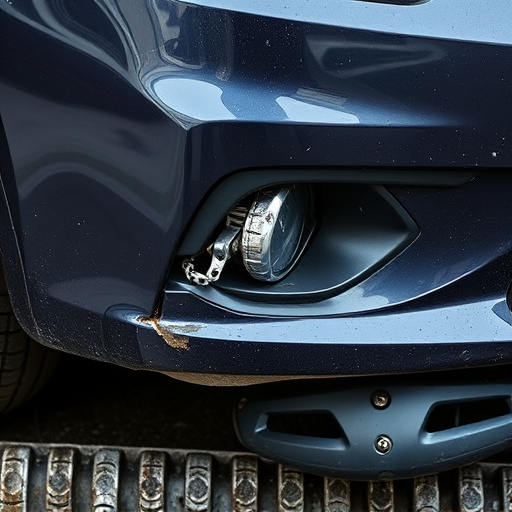Diminished value after repair refers to the reduced market worth of a vehicle post-damage and subsequent restoration. Auto body shops, especially for high-end cars like Mercedes Benz, must preserve original value through precise repairs. State regulations vary in their approach to compensating owners for diminished value, with some laws strictly holding shops accountable while others are more flexible. Evaluations involve meticulous inspections, market comparisons, and specialized tools to ensure fair insurance claim settlements.
“Unraveling the complexities of diminished value after repair claims is crucial for both car owners and professionals alike. This article guides you through the intricate web of state laws governing these cases, offering a comprehensive understanding of your rights and options. From defining diminished value in legal terms to exploring evaluation processes, we delve into the key aspects. Learn how state regulations impact post-repair claims, ensuring you’re equipped with knowledge in today’s automotive landscape.”
- Diminished Value: Legal Definition and Its Relevance
- State Laws Governing Post-Repair Claims
- Understanding the Process of Evaluating Diminished Value
Diminished Value: Legal Definition and Its Relevance

Diminished value, a legal concept, refers to the reduction in an asset’s worth following damage or repair. In the context of auto body repairs, this means that even after a vehicle is successfully repaired by a qualified auto body shop, its market value may not fully recover to its pre-incident level. This is particularly relevant when dealing with high-end vehicles like Mercedes Benz repairs, where every part and process must be meticulously handled to preserve the car’s original value.
The relevance of diminished value in after repair claims cannot be overstated. It plays a crucial role in compensating vehicle owners for the financial loss they incur when their cars are damaged and subsequently repaired. Understanding this concept is essential for both consumers and auto body shops, as it influences settlement amounts and repair strategies, ensuring fair practices in the industry, especially when dealing with intricate auto body repairs like those on luxury vehicles.
State Laws Governing Post-Repair Claims

In the realm of automotive law, state regulations play a pivotal role in governing diminished value after repair claims. Each state has its own set of laws and guidelines that dictate how much compensation an owner is entitled to receive when their vehicle suffers damage, requiring repairs, and subsequently loses value. These laws can vary widely, from state to state, based on factors like consumer protection policies, the prevalence of specific types of damage (e.g., car dent removal), and the overall automotive industry landscape within each jurisdiction.
For instance, some states have enacted stringent regulations that strictly hold repair facilities, such as collision centers, accountable for any diminution in a vehicle’s value post-repair. In contrast, others offer more lenient interpretations, allowing for flexibility in determining fair compensation. When considering a diminished value after repair claim, whether for a high-end model like a Mercedes Benz repair or a standard sedan, understanding the specific state laws is crucial to ensuring that owners receive a just and accurate assessment of their vehicle’s post-repair worth.
Understanding the Process of Evaluating Diminished Value

Evaluating diminished value after repair involves a meticulous process that automotive body shops and experts use to determine the loss in vehicle value resulting from damage. This typically begins with a thorough inspection, where every detail of the repair is scrutinized. This includes examining both the structural integrity and aesthetic appeal of the damaged area. Experts consider pre-and post-damage photographs, along with detailed reports from qualified mechanics and technicians.
The assessment moves on to compare the vehicle’s market value before and after the repair, taking into account factors like age, make, model, mileage, and condition. Specialized tools and software may be employed to access real-time market data for accurate valuations. In many cases, tire services or automotive collision repair professionals employ appraisers who specialize in diminished value assessments to ensure fairness and transparency. This comprehensive process is crucial in settling insurance claims related to diminished value after repair.
In understanding state laws on diminished value after repair claims, it’s clear that vehicle owners have legal protections when dealing with post-repair losses. By recognizing the legal definition of diminished value and navigating state-specific regulations, drivers can ensure fair compensation for their vehicles. The evaluation process, while intricate, provides a structured framework to assess these losses. Armed with this knowledge, folks can navigate the claims process confidently, fostering a more transparent and just system in today’s digital era.
